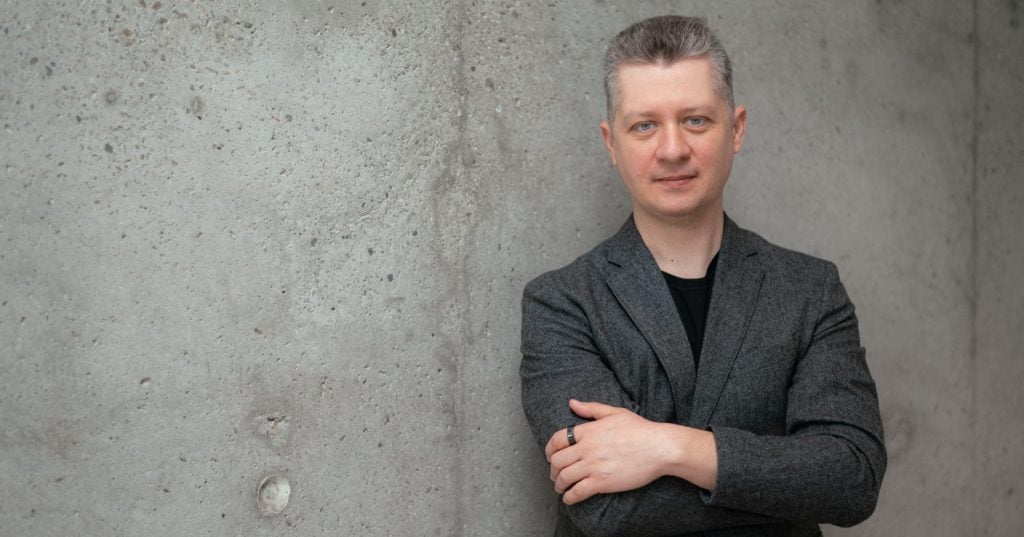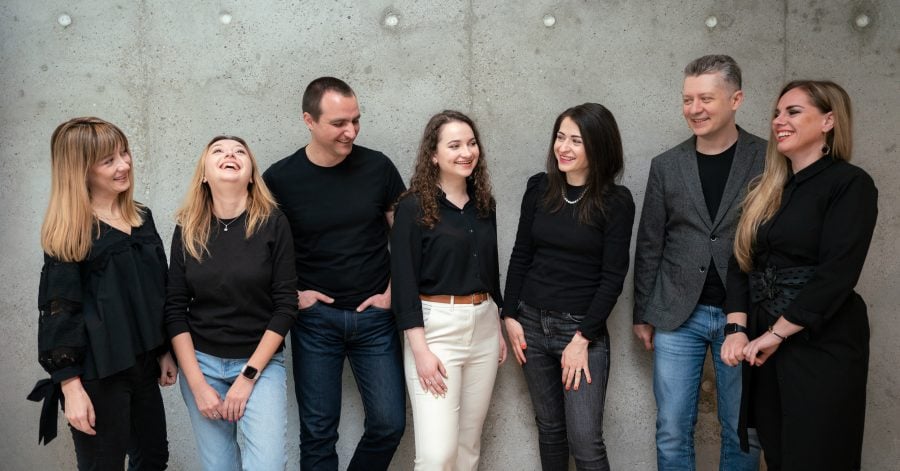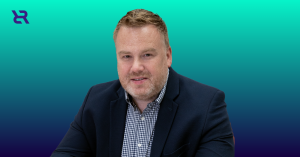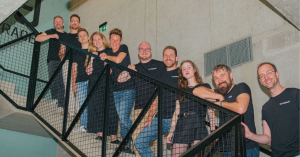If you only have a minute, here are the key takeaways:
- Bucharest-based Underline Ventures, the founder’s partner in their earliest stage, announces final closing of its first fund at $20M.
- The fund was raised fully with private money amid investment slowdown, Bogdan Iordache, General Partner explains in an interview.
- The new capital will be invested in Eastern European founders at the earliest stages, building high-growth startups with global ambitions.
- The fund has already finalized 7 investments in Romania, Croatia, Serbia, and the broader Eastern European diaspora.
Launched in 2022, Underline Ventures has now finalized the raise of its first fund, reaching a total of $20M. The fund wants to invest in 20+ early-stage startups founded by Eastern European founders, with an average investment ticket of $500K.
“We are lucky to partner with investors who have a deep conviction that Eastern European founders can build significant technology businesses, despite the current macro environment. We know founders fundraising in this climate have to show a lot of resilience – it’s a good way to start.”, says the General Partner of Underline Ventures, Bogdan Iordache.
Private money invested in the fund
The Bucharest-based fund’s capital has been raised mostly from tech founders, operators, other business leaders, and international fund-of-funds. It plans to double down its efforts to develop an impactful platform for its portfolio companies.
“This is all private money. It was a given from the beginning that we were going to fundraise from private capital. We had really good fortune with the RSJ fund from the Czech Republic, which is probably the most knowledgeable fund of funds in Eastern Europe”, stated Iordache.
Supporting growth with more than only capital
At this moment, besides capital, Underline Ventures also supports its portfolio founders with a range of services. With an in-house team or experts, the fund offers recruitment services, communication management, growth advisory, and integrated marketing strategy, along with Bogdan Iordache’s help on venture strategy and fundraising. Moreover, founders and professionals from companies like UiPath, Telerik, Bitdefender, etc. advise the portfolio startups regularly, whenever the startup’s need arises.
So far, Underline Ventures has made 7 investments in Romania, Croatia, Serbia, and the broader Eastern European diaspora: Nestor, Goodlegal, Videowise, Veridion, Turneo, Sera, plus an undisclosed deal.
The intricacies of the investment world

To get a deep dive into what it takes to close a fund, the current investment dynamic, and their future plans, The Recursive interviewed Bogdan Iordache, General Partner at Underline Ventures.
The Recursive: How long did it take to close this fund?
Bogdan Iordache: The whole process from putting together the first deck to actually signing the closing took me approximately two years and a half. I started preparing in April 2021 and I did the first deck then. I started raising soft commitments, unsigned. The paperwork I did in the autumn and winter of 2021. We managed to do the first closing at approximately $6.5M on the 17th of February.
I remember this very well, because on the 24th of February, Russia invaded Ukraine, and everything changed. That was coupled with high inflation and a lot of uncertainty around a potential financial crisis. In general, the fundraising climate has changed a lot. But I managed to push forward and do two more closings until the end of 2022. And we reached approximately $14M in commitments. And then the last part, from the end of 2022 until today.
What was the most challenging phase of this process?
I think the last bit was really difficult. There is just not a lot of capital available for fund managers from private investors. And we’ve raised our fund exclusively from private investors. It took me hundreds of meetings and probably 1000s of emails and calls to raise the last money. For us the last millions were very important because the way a fund operates is that you get a very small percentage, usually 2%, to pay annually for the fund’s expenses: salaries of the team, legal expenses, regulatory, everything.
And when we reached $14M, I decided to go all in and hired all the team of the fund, to get into the best deals and be able to raise the last money. At the end of the day, that’s exactly what happened. But in the meantime, throughout this entire year, I was losing money, because I had to pay salaries and I didn’t have enough money under management to cover those expenses.
Was $20M your initial target for the fund, and when did you originally plan to close it?
Yes, we planned for $20M and to close it in March 2023. But with the war and the other uncertainties, we prolonged the deadline for 8 months.
You mentioned that the fund raised only private money, but also that fund-of-funds invested. Is this private money as well?
Yes, this is all private money. I’m a solo GP. So GPs are not that exciting for institutional funds. It was a given from the beginning that we were going to fundraise from private capital. We had really good fortune with the RSJ fund from the Czech Republic, which is probably the most knowledgeable fund of funds in Eastern Europe. They invested in us very early on, when we were probably at $10M. Then they helped us with lots and lots of intros to many other funds. But the reality of it is that most funds in Europe right now are not deploying capital. Or even if they do, they’re very, very strict.
What about private investors? How was the communication and collaboration with them?
I’ve been very strict with private investors in the sense that I raised money only from the people that I knew already or vetted, very, very well. And ideally, people who have experience with technology or they have invested in technology previously. And I also did not try to maximize that check. This was for them to feel confident and relaxed about investing in a fund. I think that was very important for me because this is a 10-year journey, and you don’t know exactly how things are going to change for them during this period. I’ve had the good fortune of being connected to most of these founders and operators who have invested in Underline. So there was a trust relation already in place. And I was also very lucky to have synchronized with a lot of liquidity moments in the market. Since 2021, there have been a number of significant exits, both in the product world and in the service or outsourcing world, in Romania, and this helped a lot.
How do you see the fundraising landscape evolving in the next period both for funds and for startups?
There is definitely less capital in the market. But I think that there is significantly less private capital in the market. Some Eastern European funds will finance themselves through institutional funds. I can only assume that some of them won’t be able to raise, but I don’t think the market will be totally wrecked. I think that we are going to continue to have access to capital, but there’ll be less private capital.
How do you evaluate the potential investments for Underline, what do you look at?
I can’t paint a mathematical decision process, but I can tell you exactly what our process is when we evaluate a company.
We take into consideration the team, first and foremost. Then we look at the product and the market. So in terms of teams, we like teams that have deep experience in whatever they are building, they had significant exposure to that type of client in the past, they worked well together, they are great operators, they execute very well. When it comes to the product, we try to quantify the value of the product through the eyes of the customer. We’re looking at how this product will impact the life of the customer, how valuable is that impact, and what other alternatives they have. And last but not least we look at the market, trying to understand what is the dynamic of the market, how this market will develop, and how the product that we are being pitched will change that market.
We are trying to educate ourselves in advance when it comes to different market trends, different verticals, etc. But at the end of the day, what makes the difference in any company is the founder. So if the founding team is great, it’s more probable to invest in them, even though maybe the market trends are questionable.
You have 7 investments so far. How many pitch decks have you seen to decide on these 7?
I think we’ve briefly seen approximately 1000 decks, looked more in detail at 500 of them, and analyzed around 100 to 150.








